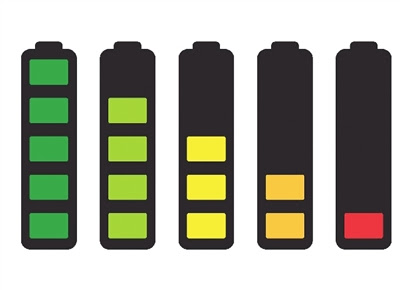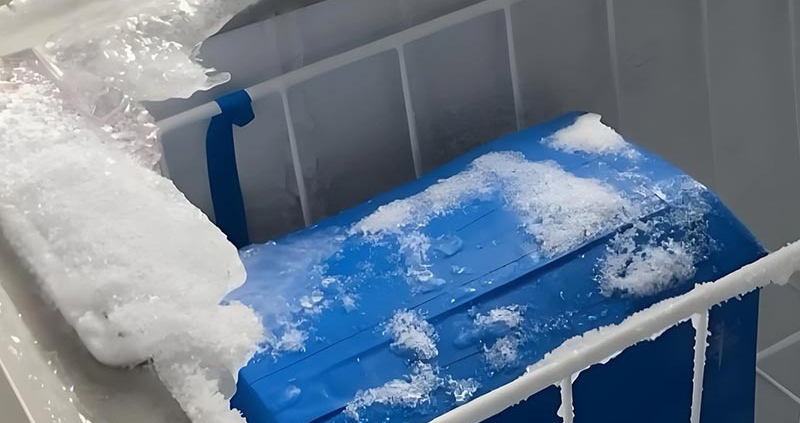Recommended Lithium-Ion Batteries for Cold Weather
Lithium-ion batteries perform differently in cold environments. Understanding how to select and maintain them for optimal performance is crucial, especially in freezing temperatures. This guide will help you choose the right battery for your needs.
How Does Cold Weather Affect Lithium-Ion Batteries?
Cold weather impacts lithium-ion batteries by reducing their efficiency and capacity. The internal chemical reactions slow down, leading to a decrease in energy output and slower charge rates. In extreme cases, batteries may fail to charge or discharge properly.
Why Do Lithium-Ion Batteries Perform Poorly in Cold Weather?
Cold temperatures increase the internal resistance of lithium-ion batteries. This slows down the movement of lithium ions between the electrodes, reducing the battery’s ability to deliver power. Additionally, electrolyte viscosity increases, further hindering the electrochemical processes.
What Types of Lithium-Ion Batteries Are Suitable for Cold Weather?
Certain lithium-ion chemistries are better suited for cold environments:
- LiFePO4 (Lithium Iron Phosphate)
- Performs better in lower temperatures compared to standard lithium-ion batteries.
- Known for its stability and long cycle life.
- Low-Temperature Lithium-Ion Batteries
- Specially designed to operate efficiently in cold conditions, with modified electrolytes and advanced cell structures.
- Capable of functioning at temperatures as low as -40°C (-40°F).
- Lithium Titanate (LTO)
- Exceptional low-temperature performance, though at a higher cost.
- Can operate in extreme cold with minimal capacity loss.
How Can I Maintain Battery Performance in Cold Weather?
- Preheat the Battery: Use a heating pad or preheat your device to bring the battery to optimal operating temperature.
- Keep Batteries Warm: Store batteries in insulated cases or pockets close to your body to maintain warmth.
- Limit Exposure: Minimize the time batteries spend in extremely cold conditions.
- Use Low-Temperature Chargers: These chargers are designed to optimize charging at lower temperatures.
- Invest in Smart BMS: A Battery Management System (BMS) can help monitor and regulate battery temperature during charging and discharging.
Conclusion
For cold climates, choosing the right lithium-ion battery chemistry and adopting proper usage practices can significantly enhance performance. PKNERGY offers a range of low-temperature lithium-ion batteries designed to excel in freezing conditions. Whether for outdoor adventures, industrial applications, or energy storage, selecting the right battery ensures reliability even in the harshest environments.
PKnerg Partners with Universities for Battery Research Initiatives
PKnerg has formed strategic partnerships with several leading universities to advance research in battery technology. This initiative aims to foster innovation in energy storage solutions and support the development of cutting-edge applications.
The partnerships will focus on areas such as materials science, energy efficiency, and recycling processes. “Collaboration with academic institutions is crucial for driving breakthroughs in battery technology,” said R&D Director Emily Chen. PKnerg is committed to investing in research and development, ensuring that it remains a leader in the competitive battery market.
PKnerg Expands Manufacturing Facilities to Meet Growing Demand
In response to the increasing demand for electric vehicle batteries, PKnerg has announced the expansion of its manufacturing facilities in the Midwest. The company plans to invest over $50 million in the new plant, which is expected to create approximately 200 jobs in the region.
The expansion aims to increase production capacity by 40%, allowing PKnerg to meet the rising needs of automotive manufacturers. “We are excited to enhance our production capabilities and support the shift toward sustainable transportation,” said COO John Smith. The new facility is expected to be operational by late 2025.
PKnerg Unveils Next-Generation Battery Technology
PKnerg, a leading battery manufacturing company, has announced the launch of its next-generation battery technology aimed at revolutionizing energy storage solutions. The new batteries boast a higher energy density and longer lifespan compared to previous models, making them ideal for electric vehicles and renewable energy systems.
During the unveiling event, CEO Jane Doe emphasized the company’s commitment to sustainability. “Our innovative technology not only enhances performance but also reduces environmental impact,” she stated. The new batteries are expected to hit the market in early 2025, positioning PKnerg at the forefront of the battery industry.











